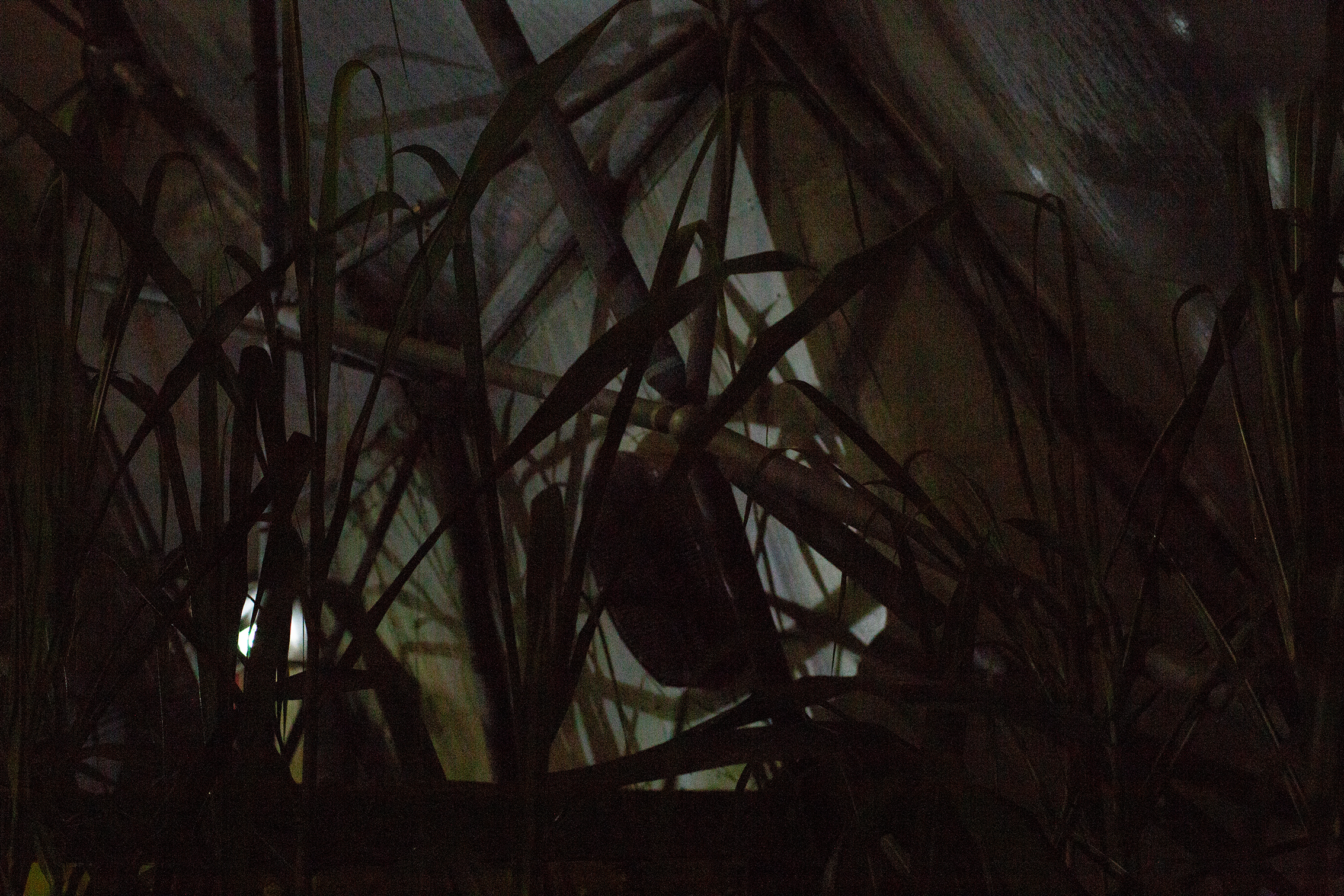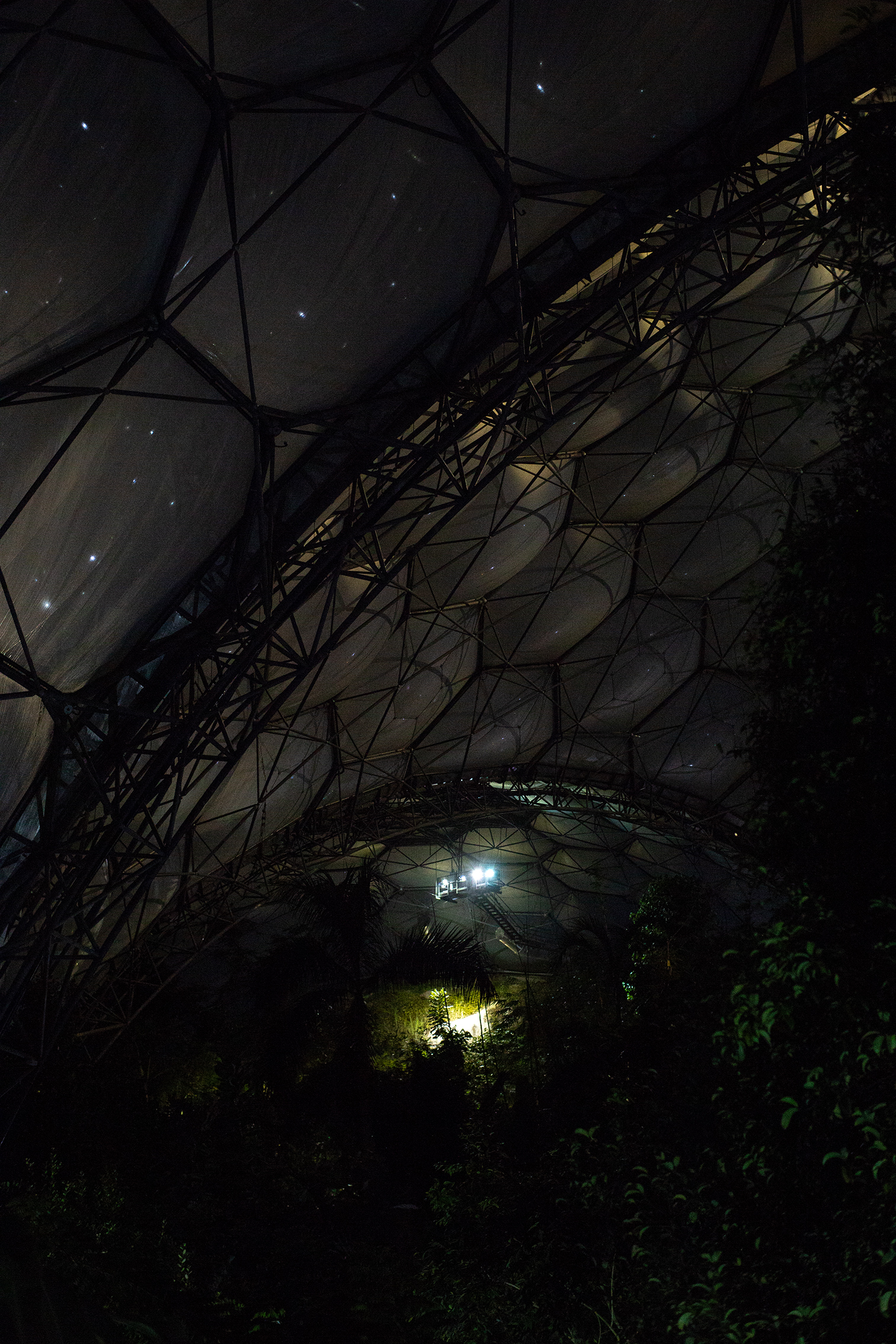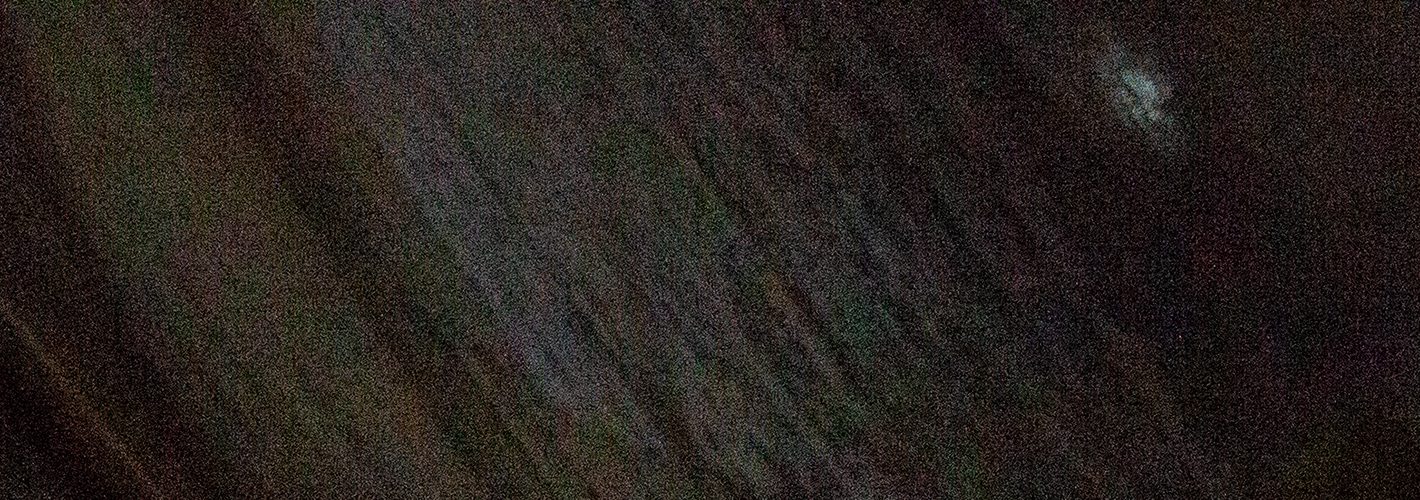First there is nothing.
Wait. We see nothing.
We are not all-knowing, so does it mean that there is nothing if we see nothing, we ask ourselves. And we become aware of a thick haze in front of us.

Once we realise it, we look around to notice it everywhere. In every direction and no matter how far we go — there is haze. And it is why we see nothing.
But we want to see something. We need to see through it in order to see something, don’t we? we ask around. We are being told to rest, to enjoy and that beyond the haze there is nothing, so we may just as well rest and enjoy. We are infuriated, we disagree. We cannot, as we search for the end of the world, fall off a cliff into nothingness – not least because: there are us. We are not nothing. We are something. But still, we cannot find the far side of the haze world and therefor no proof of something beyond the haze. And thus we disprove the theory by stating: We were all wrong. There is not nothing beyond the haze but there is no beyond the haze. Since the haze is everything. It is made up of everything around us, me, you and us, and it is for the reason of being everything, also opaque. And translucent and at times even clairaudient. How else did I ever know of you.
There is no beyond everything (which includes nothing (if even as one or more somethings)).

So we conclude we don’t need to see through the haze. In order to see something, we look at the haze. We have everything right in front of our eyes. A noise so dense — of points (in time and space), of shapes, of colours — it (the haze) becomes a haze.
Others conclude otherwise; they should.
What we seem to have come up with is another way of saying: rest and enjoy the haze. Or the fish. We are all right and wrong, and neither nor (you, me, Peter) because these categories don’t apply in such colourful noise, or they do but as we try to grasp them, they dissolve into another.
